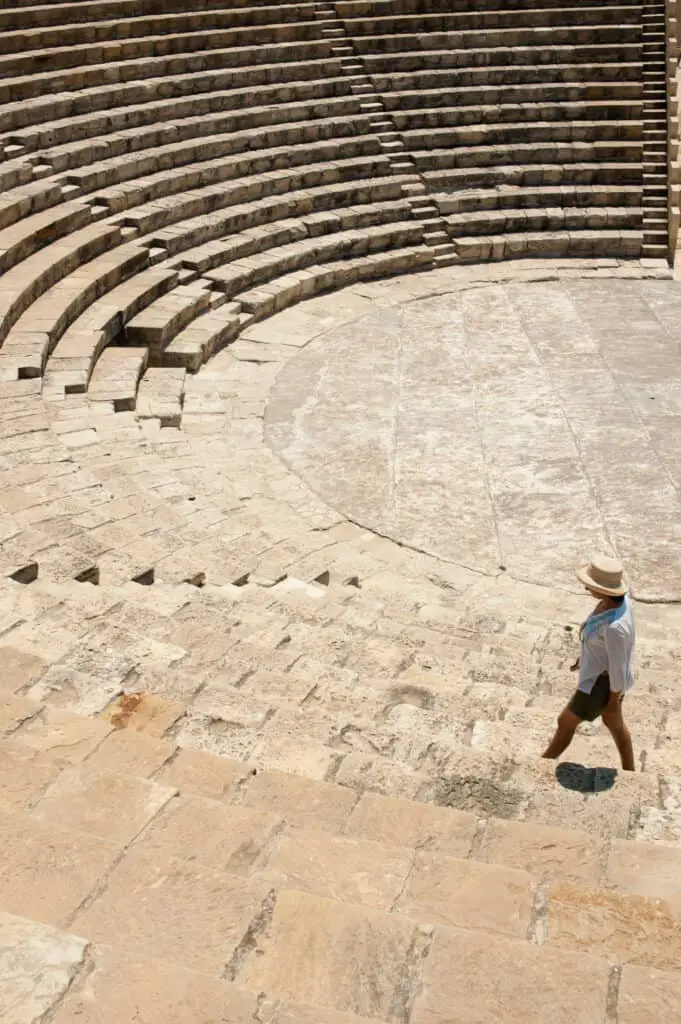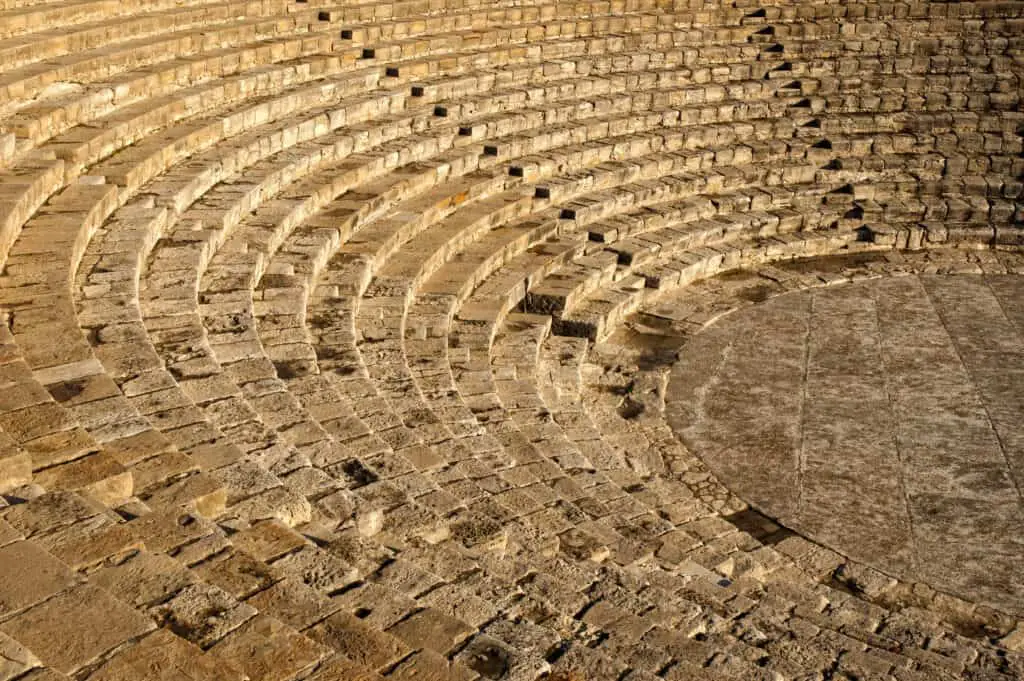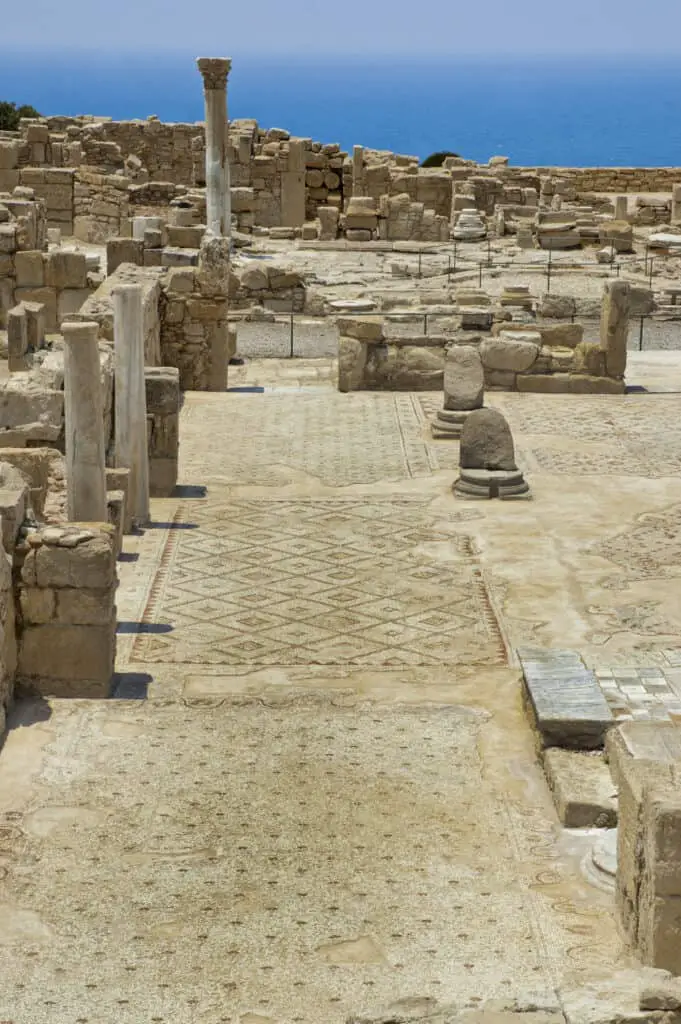Short version: Yes!
Table of Contents
Introduction
Marathon runners know that the 26.2 miles they run are a symbol of strength and endurance.
But some don’t know that the marathon’s history stretches back thousands of years to ancient Greece. Messenger Phiedippides ran from Marathon to Athens to deliver news of a victory in battle. His journey was commemorated centuries later with the marathon race we know today.
The finish line is in Athens’ magnificent Olympic Stadium, where the modern Olympic Games were born. Those who have run the Athens Marathon say it’s an experience they’ll never forget.
Does The Athens Marathon Sell Out?
The annual Athens marathon is one of the most popular running events in the world. Every year, runners from all over the globe descend to the city to participate in the marathon, which is held in November.
Due to its popularity, the marathon frequently sells out. To secure a spot in the marathon, interested runners must enter a lottery. The lottery is open to all runners who have completed a marathon within the past year.
Once the lottery closes, runners are randomly selected and notified of their status. Successful entrants must then pay a registration fee and confirm their participation. While the marathon occasionally sells out, there are usually spots for interested runners.
Is Athens Marathon Flat?
The marathon is one of the world’s most famous long-distance running events. Named after the legendary Greek runner Pheidippides, who supposedly ran from the site of the Battle of Marathon to Athens to deliver news of the Greek victory, the marathon has become an iconic test of endurance.
While there are now many different marathon courses around the world, the original marathon route from Marathon to Athens is still used for the annual Athens Marathon. And despite what its name might suggest, the Athens Marathon is not a flat race.
It includes several challenging hills, making it a tough run for even the most experienced marathon runners. So if you’re thinking of running the Athens Marathon, be prepared for a bit of a challenge.

Do You Need To Qualify For The Athens Marathon?
There is no qualification time for the Athens Marathon. You need to be over 18 and be able to complete the 26.2 miles in eight hours. Just remember to pack your Running shoes, and you should be ok!
How much does it cost to run the Athens Marathon?
The cost of running the Athens Marathon varies depending on several factors, including the marathon entry fee, travel expenses, and accommodation costs.
The marathon entry fee is €85 for runners who register before the early bird deadline and €95 for runners who register after the deadline. Travel expenses will vary depending on where you are coming from and how you are travelling to Athens.
If you are flying, you will need to factor in the cost of your flight and any airport transfers. Accommodation costs will also vary depending on your budget and preferences.
There are several hotels and hostels in Athens that cater to different budgets. Based on these costs, we estimate that it would cost between €200 and €300 to run the Athens Marathon.
How Many People Run The Athens Marathon?
In 2021 approximately 60,000 runners ran the Athens Marathon, which takes place in the city of Athens, Greece.
The marathon is a 26.2-mile course that winds its way through the streets of Athens, starting at the Panathinaiko Stadium and finishing at the Athens Academy.
It is held every year on the first Sunday in October and is one of Greece’s most significant sporting events. In addition to the marathon, several other races occur, including a 10K race, a half marathon, and a 5K race.
What Does The Word Marathon Mean In Greek?
The name marathon comes from the legend of Marathon, a town in Greece where a Greek soldier named Pheidippides is said to have run from the site of the Battle of Marathon to Athens to deliver news of the Greek victory over the Persians.
According to legend, Pheidippides collapsed and died after completing his mission. The marathon symbolizes human endurance and determination in the face of adversity, and it remains one of the world’s most popular and iconic running events.
What is the elevation gain Athens Marathon?
The course starts at the site of the original marathon race in Athens, Greece, and winds its way through the city before finishing at the Panathinaiko Stadium. The marathon has a total elevation gain of about 350m. The Athens Marathon is typically held in early November each year and attracts athletes worldwide.
Is The Athens Marathon A Boston Qualifier?
The Athens Marathon is one of the most popular worldwide marathon events attracting runners from all over the globe.
The International Association of Athletic Federations certified the course, and has been used as a Boston qualifying race since 1986.
In addition, the marathon is also a qualifying race for the Olympic Games. As a result, the Athens Marathon is a highly competitive event that attracts some of the best marathon runners in the world.
Where Did The First Modern Marathon Take Place?
The first marathon was run by the Greek soldier Pheidippides, who was sent from the city of Marathon to Athens to deliver the news of a Greek victory over the Persians in 490 BC.
According to legend, Pheidippides ran the distance without stopping, then collapsed and died after delivering his message.
This legendary feat of endurance inspired the modern marathon, and the first modern marathon was held in Athens in 1896.
Since then, the marathon has become one of the most popular sporting events in the world, with runners of all ages and abilities participating. Whether it’s for the challenge, the camaraderie, or the sense of accomplishment, it’s clear that the marathon is here to stay.

Who Won The First Modern Athens Marathon Race?
The first modern marathon race was held in Athens in 1896, and the winner was a Greek water carrier named Spyridon Louis.
Louis’ victory was seen as a symbol of Greek pride, as it came just months after Greece had gained independence from the Ottoman Empire. In the years that followed, the marathon became one of the most popular events at the Olympic Games.
It continues to be one of the most highly anticipated races on the global sporting calendar. Today, marathon races are held worldwide, attracting runners of all ages and abilities. Whether you’re an elite athlete or a casual weekend warrior, there’s a marathon race for you.
How To Prepare For Running In A Foreign Country
Any marathon runner knows proper preparation is key to a successful race. And while running in a foreign country may present some unique challenges, with a bit of planning, it can be an enjoyable and rewarding experience. Here are a few things to keep in mind if you’re planning on running a marathon in a foreign country:
First, be sure to do your research. Read up on the climate and terrain of the country you’ll be running in, and make sure you’re prepared for the conditions. It’s also a good idea to familiarize yourself with the route ahead of time so you know what to expect on race day.
Next, could you pack all the essential items you’ll need for your run? In addition to your usual running gear, you may want to bring sunscreen and insect repellent, depending on the climate. And if you’re running in an unfamiliar city, bringing a map is always a good idea.
Finally, remember to stay hydrated and fuelled throughout your run. Bring along plenty of water and snacks so that you can keep your energy levels up. And try to adjust to the local time zone before race day, so you’re not running on jet lag. By following these tips, you can ensure you have a safe and enjoyable marathon experience in a foreign country.

Final Thoughts
This is a marathon on my list of events to participate in. How exciting to be running in the route of the original marathon.
With the marathon’s long history, it’s a great way to celebrate and appreciate the sport and its legacy. With proper preparation and research before your marathon, you can make sure that you have an enjoyable experience in an unfamiliar country and soak up the atmosphere of running the marathon in the birthplace of the modern marathon: Athens.

